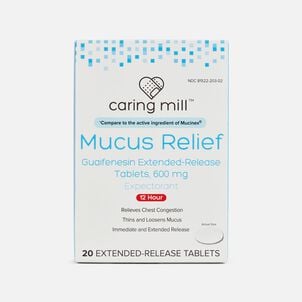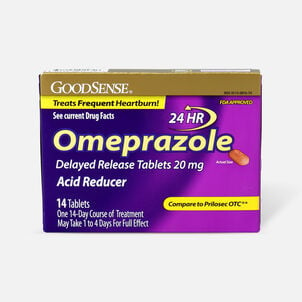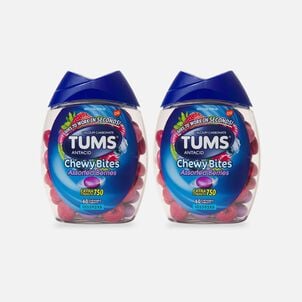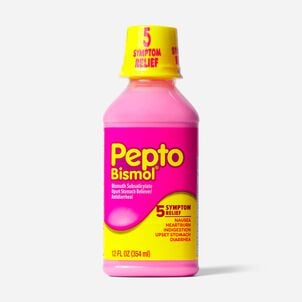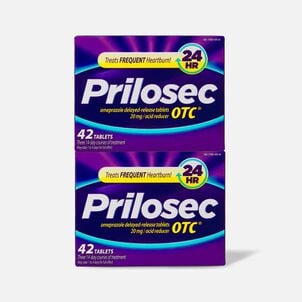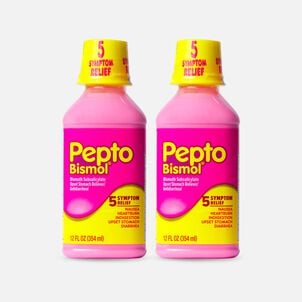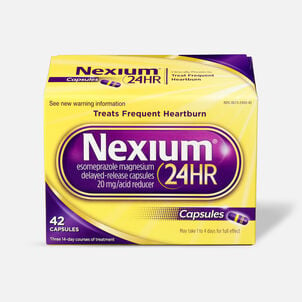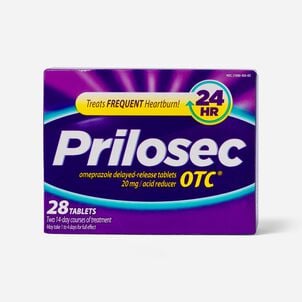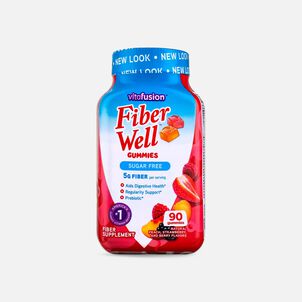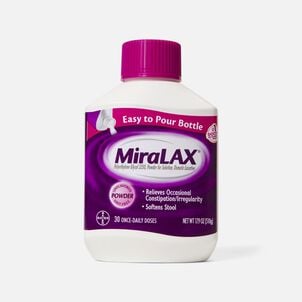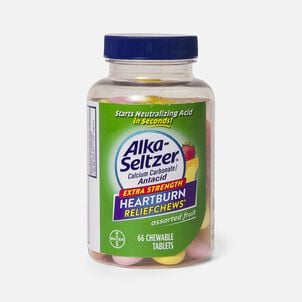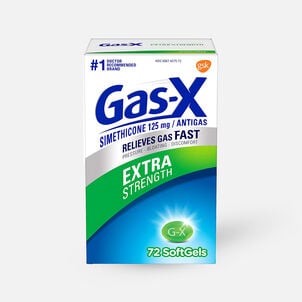The Complete HSA Eligibility List
Here it is — the most-comprehensive eligibility list available on the web. From A to Z, items and services deemed eligible for tax-free spending with your Flexible Spending Account (FSA), Health Savings Account (HSA), Health Reimbursement Arrangement (HRA) and more will be here, complete with details and requirements. Important Reminder: HSAs, FSAs, HRAs and other account types listed may not all be the same. Be sure to check with your administrator to confirm if something is eligible before making a purchase.
Here it is — the most-comprehensive eligibility list available on the web. From A to Z, items and services deemed eligible for tax-free spending with your Flexible Spending Account (FSA), Health Savings Account (HSA), Health Reimbursement Arrangement (HRA) and more will be here, complete with details and requirements. Important Reminder: FSAs, HRAs and other account types listed may not all be the same. Be sure to check with your administrator to confirm if something is eligible before making a purchase.
Gastrointestinal Medication: HSA Eligibility
Gastrointestinal Medication: eligible with a Health Savings Account (HSA)HSA Eligible Digestive Health
What is gastrointestinal medication?
Gastrointestinal medication is defined as any medication that interacts with or treats the gastrointestinal organs or diseases relating to them. The gastrointestinal organs are defined as any part of the body along the gastrointestinal track, the liver, biliary tract, and the pancreas.
Gastrointestinal diseases that may be alleviated or treated by gastrointestinal medications include constipation, Crohn's disease, diarrhea, gall bladder disease, heartburn, hemorrhoids, Irritable Bowel Syndrome (IBS), ulcers, liver disease, stomach cancer, intra-abdominal infections, gastric cancer, heartburn, and more (Patient).
Gastrointestinal medications include antacids, H2 blockers, proton pump inhibitors (PPIs), and more. Esophageal damage is an example of a condition that requires prescription medication to treat.
Gastrointestinal medications are generally pills, but also may be liquids that can be ingested orally. There are also rectally administered gastrointestinal medications, such as laxatives .





